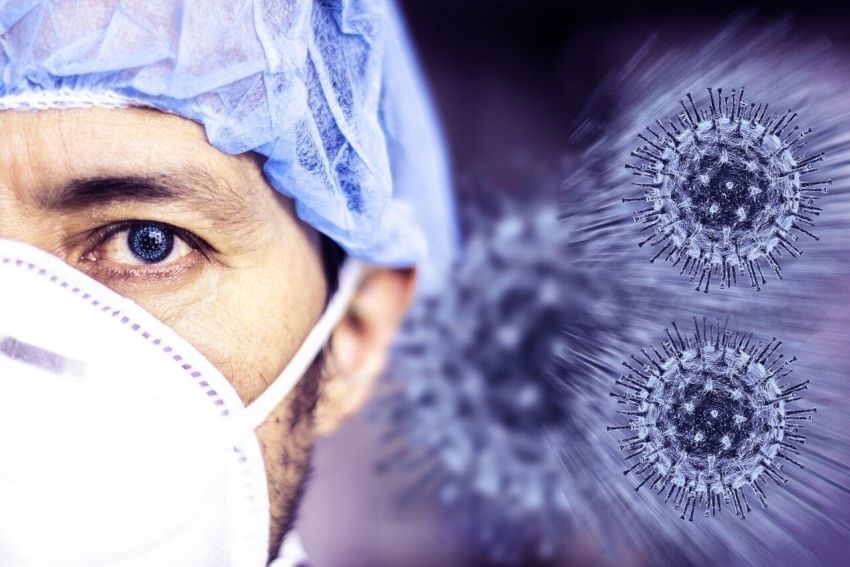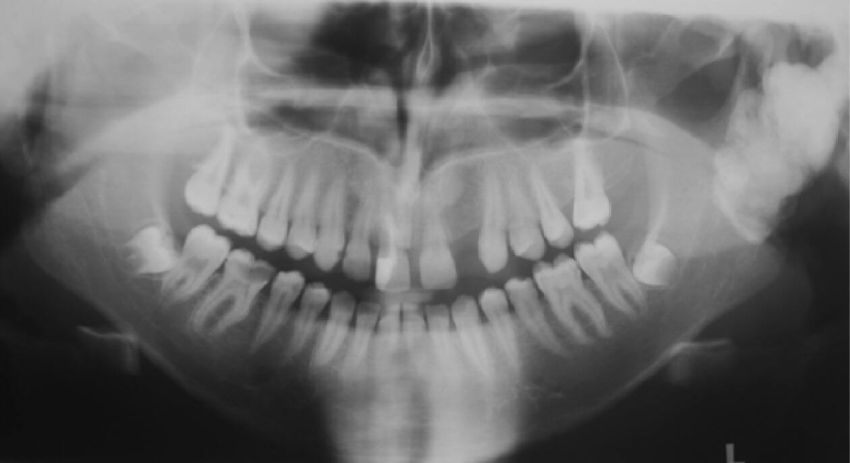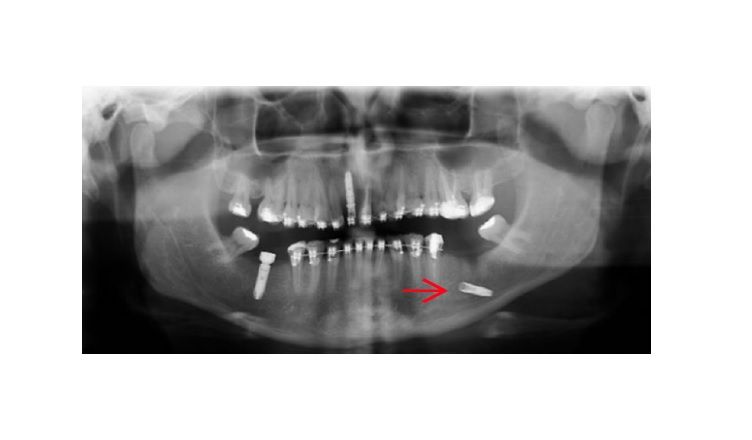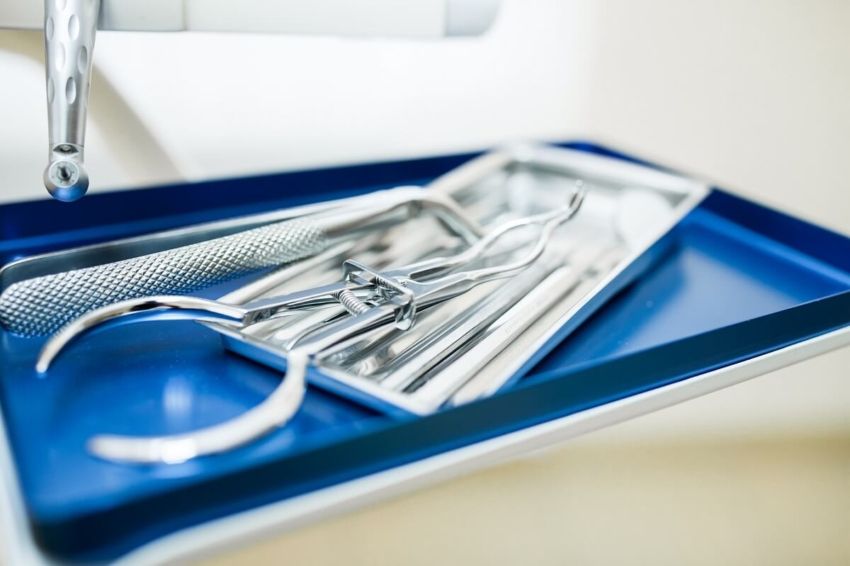„Close person” of the patient in the office – what does it mean?
At the patient's request, a so-called "close person" may be present in the office during the provision of health services – including dental services. close person. The details of this issue on the website of the Regional Medical Chamber in Gdansk are brought closer by mec. Karol Kolankiewicz.
As we read in the guide posted on the website of the OIL in Gdansk, according to art. 21 par. According to Article 1 of the Law on Patients' Rights, a so-called "relative" may be present in the office at the patient's request during the provision of health services – including dental services. person close to. – The provision does not prescribe the preservation of some special form of expression of such a "wish", so it can be expressed for example. During the interview, as well as in writing – emphasizes mec. Karol Kolankiewicz.
Importantly from a doctor/dentist's point of view, the so-called. a close relative may be a spouse, parent, grandchild, as well as a legal representative, a person cohabiting with the patient or any other person designated by the patient.
However, there are exceptions to the patient's right to the presence of a loved one during the provision of health services. – However, a doctor may refuse to have a loved one present when providing health care services if there is a likelihood of an epidemic threat or for reasons of patient health safety – we read. In the situation of a decision of refusal, the doctor should note this in the patient's medical records with a brief justification.
What it takes to provide aesthetic medicine services in a dental office? – Investments are practically only the materials used – says in an interview with Dentonet Dr. Pawel Ponichtera – a dentist who has been dealing with aesthetic medicine for years. Paweł Ponichtera is one of the lecturers at the Aesthetic Medicine Conference.



